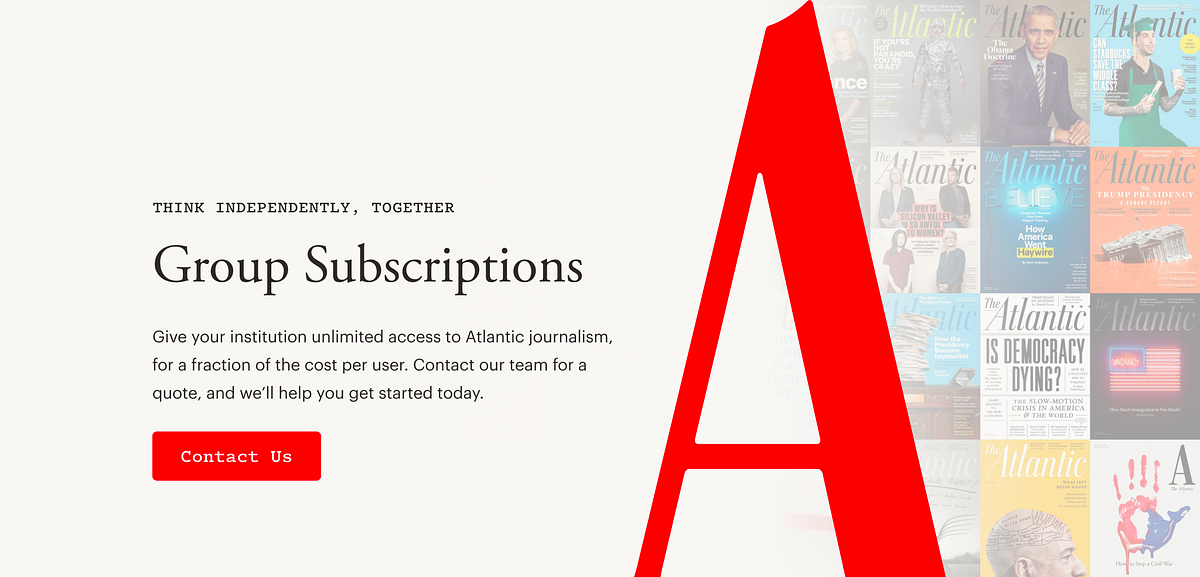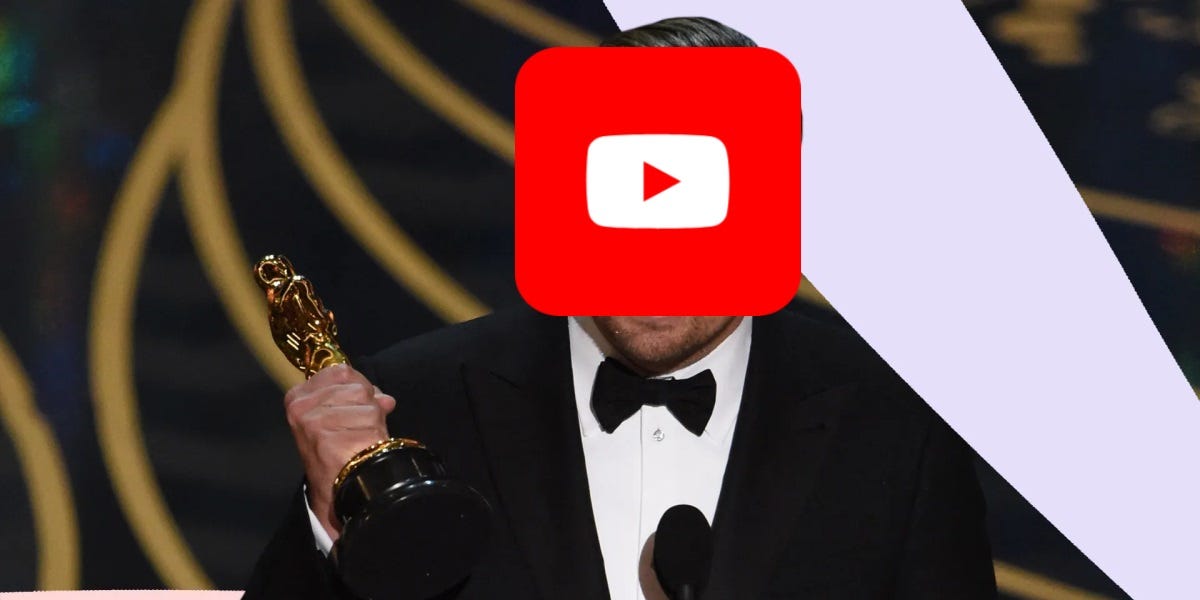- The Publisher Newsletter
- Posts
- Monday 12th February: How to introduce group subscriptions
Monday 12th February: How to introduce group subscriptions
Happy Monday! Today’s newsletter is brought to you by Esther.
Anyone who’s been reading this a while knows I’m a total sucker for a ‘peek behind the curtain’ piece, and this from The Atlantic is no exception. The publisher had seen group subscriptions work for others and had numerous requests for that type of access, but didn’t have a way for someone to buy an Atlantic subscription and distribute it across an organisation.
I love that they spent time undergoing a huge scoping exercise first. Group subscriptions may seem like low-hanging fruit, but as their teams found, each target sector had their own needs and requirements. They also had to weigh up technical access options, as well as keep the user journey as seamless as possible.
If group or company subscriptions are something you’re considering, this is a good breakdown of the steps and thought processes taken by the product team to develop an offering which makes sense for them.
I’ll tease this with a quote from Piersy himself: “I could happily interview Elon Musk for three or four hours tomorrow and the audience would lap it up. But the nightly restriction of having to go into a studio at 8pm when sometimes there is nothing happening and literally fill time? Nobody wants that. The question becomes, why do it?”
Defector’s Tom Ley pulls no punches in this takedown of Semafor’s AI partnership with Microsoft. “‘Global multi-source breaking news feed’ is just a pompous description of a standard news wire,” he writes. “The posts that populate the feed are examples of basic news aggregation, a practice that has been a part of journalism for decades.” There is nothing new under the sun… just yet.
What do you think about the Semafor Signals launch? “Same old shit,” or is there some potential? Let us know in our forum.
If you don’t have a Business Insider subscription to read the original article on “Why Hollywood should be terrified of YouTube, not Netflix,” Simon Owens rounds up some of the headline numbers and arguments about how YouTube is beating pretty much every Hollywood company. Personally I think this is where the power of legacy branding comes into play - the content on YouTube might well be world-class, but probably for many years yet, YouTubers will struggle to be taken seriously by the industry bodies which call the shots.
More from Media Voices






